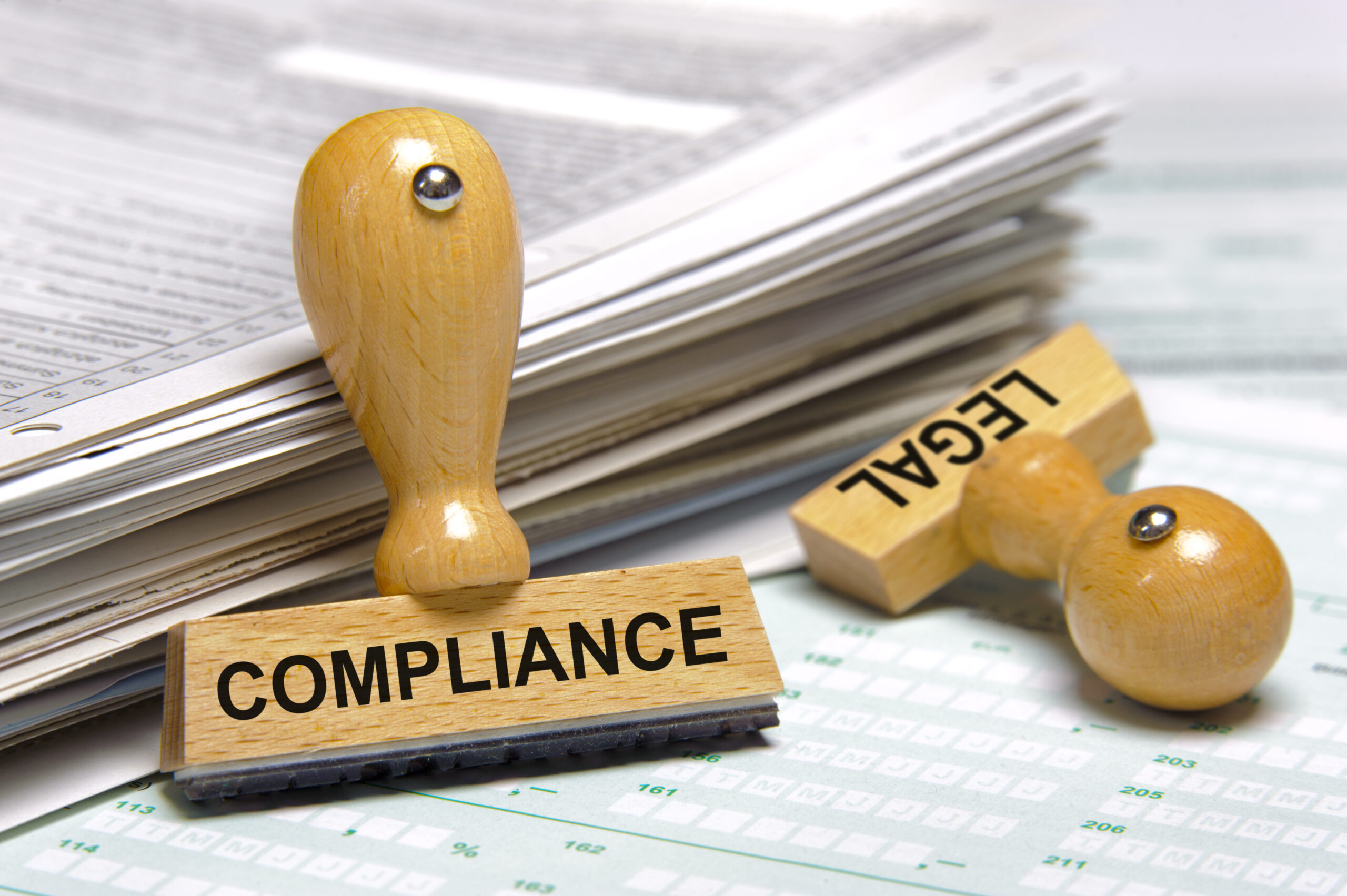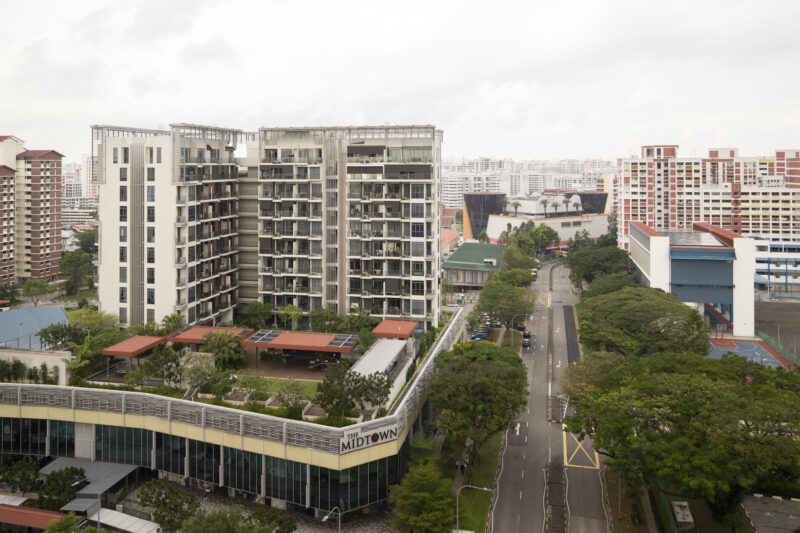Purchasing property in Singapore can be an intriguing venture, especially for foreigners eyeing this vibrant city-state as a potential investment or new home. But how fast can one navigate the complexities of buying property here? The process is not merely a straightforward transaction; it involves understanding an array of regulations, market trends, and legal requirements that can significantly impact the timeline.
From identifying the right property to securing financing, and finally completing the purchase, each step comes with its unique challenges and considerations. In this comprehensive guide, we will break down the entire process, equipping you with the knowledge you need to expedite your property acquisition journey in Singapore.
Whether you’re a seasoned investor or a first-time buyer, understanding the landscape is crucial to making informed decisions in this competitive market. Join us as we delve into the ins and outs of property buying, ensuring that you are well-prepared to seize the opportunity when it arises.
Researching the Market

Legal Requirements

In Singapore, the legal landscape for foreigners wishing to purchase property is both structured and specific, eliciting careful consideration and preparation. First and foremost, potential buyers must familiarize themselves with the criteria outlined by the Residential Property Act, which stipulates that non-Singaporeans can only acquire certain types of properties, such as condominiums and apartments, without special permission.
For those looking at landed properties—like bungalows or terrace houses—the hurdles become steeper; they will require approval from the Singapore Land Authority, a process that can be quite intricate and may take several weeks. Additionally, foreign investors are subject to Additional Buyers Stamp Duty (ABSD) rates that can significantly impact the overall cost of acquisition. It’s essential to engage a local legal advisor who can navigate through the multitude of requirements, ensuring compliance and safeguarding your interests as you embark on this exciting journey into Singapore’s real estate market.
Engaging Professionals

Engaging professionals in the realm of property acquisition in Singapore can be a pivotal step for foreigners navigating this intricate landscape. While the allure of Singapore’s dynamic real estate market is undeniable, understanding the legal and procedural intricacies is essential.
Collaborating with a local real estate agent can provide invaluable insights into the nuances of property types available, from luxury condominiums to landed houses. Furthermore, consulting with a legal expert familiar withSingapore’ss property laws ensures that buyers are fully aware of restrictions applicable to foreigners, thereby avoiding potential pitfalls. This cohesive approach not only streamlines the purchasing process but also transforms it into a more informed and confident experience, empowering foreign investors to make choices that align with their financial goals.
As you embark on this journey, remember that the right guidance can turn complexity into clarity, allowing you to navigate the Singapore property market with ease.
Conclusion
In conclusion, purchasing property in Singapore as a foreigner can be a streamlined process when one is well-informed and follows the necessary steps. Understanding regulations, securing financing, and navigating through legal requirements are essential for a smooth transaction.
From identifying the ideal property to completing the deal, each stage of the journey requires careful consideration and planning. Notable developments, such as Upperhouse UOL, exemplify the diverse opportunities available in the Singaporean real estate market.
By leveraging the right resources and seeking professional guidance, foreign buyers can successfully invest in one of Asias most dynamic property markets, making their home in this vibrant city-state a reality.


